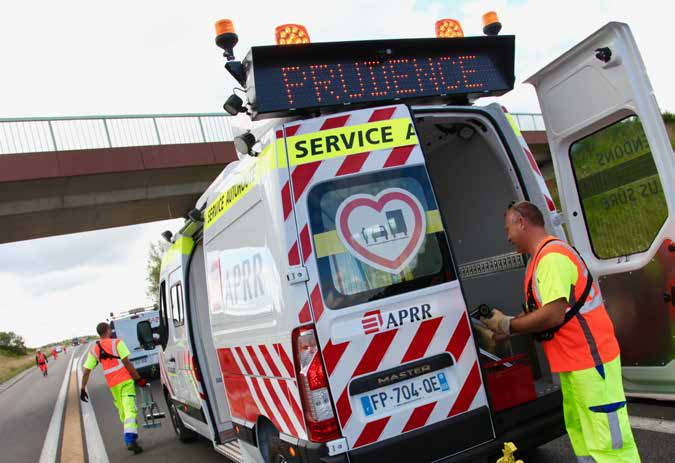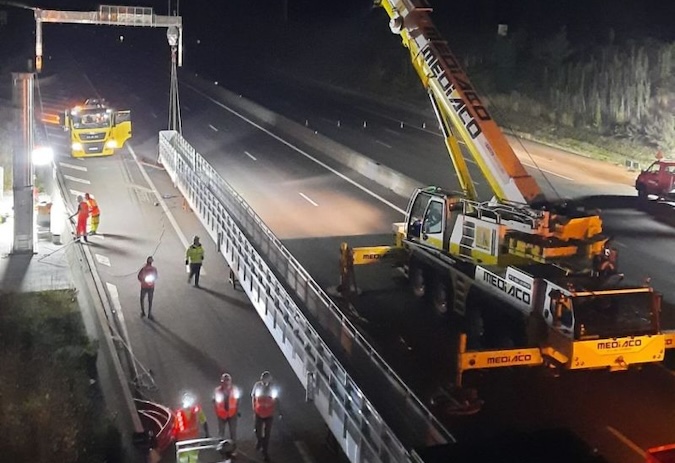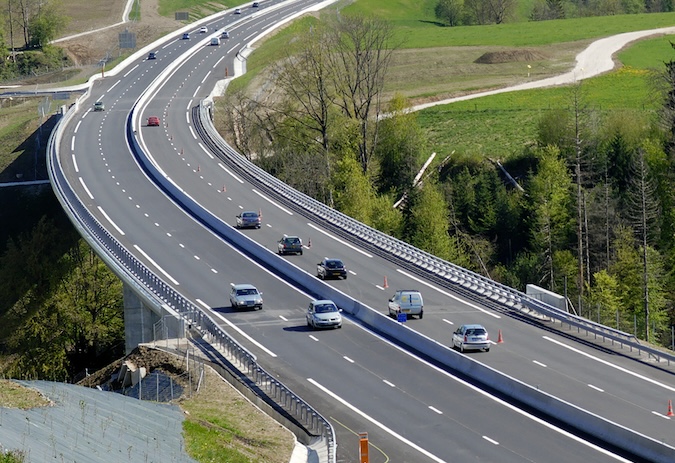Safety
Embedding a strong safety-first culture across our businesses is our priority.
We care about our people, partners and customers and put their health, safety and wellbeing first. We foster a safety culture of awareness and action, where our people take accountability to identify opportunities for change. We want our workplaces to be safe places for all people.
Our Approach to Safety

![]()
Safety is at our heart
As the first of our STEER values, safety is our priority.
Our approach to safety is one of shared responsibility between our Corporate team, our businesses and every person who works with us. We are all responsible for keeping one another – and our customers – safe.
Cultivating this culture means having the right management oversight and internal safety processes and systems in place.
Our safety targets are ambitious, because there is nothing more important to us than keeping our people and customers safe. People rely on us to ensure they get home safely at the end of every day.




